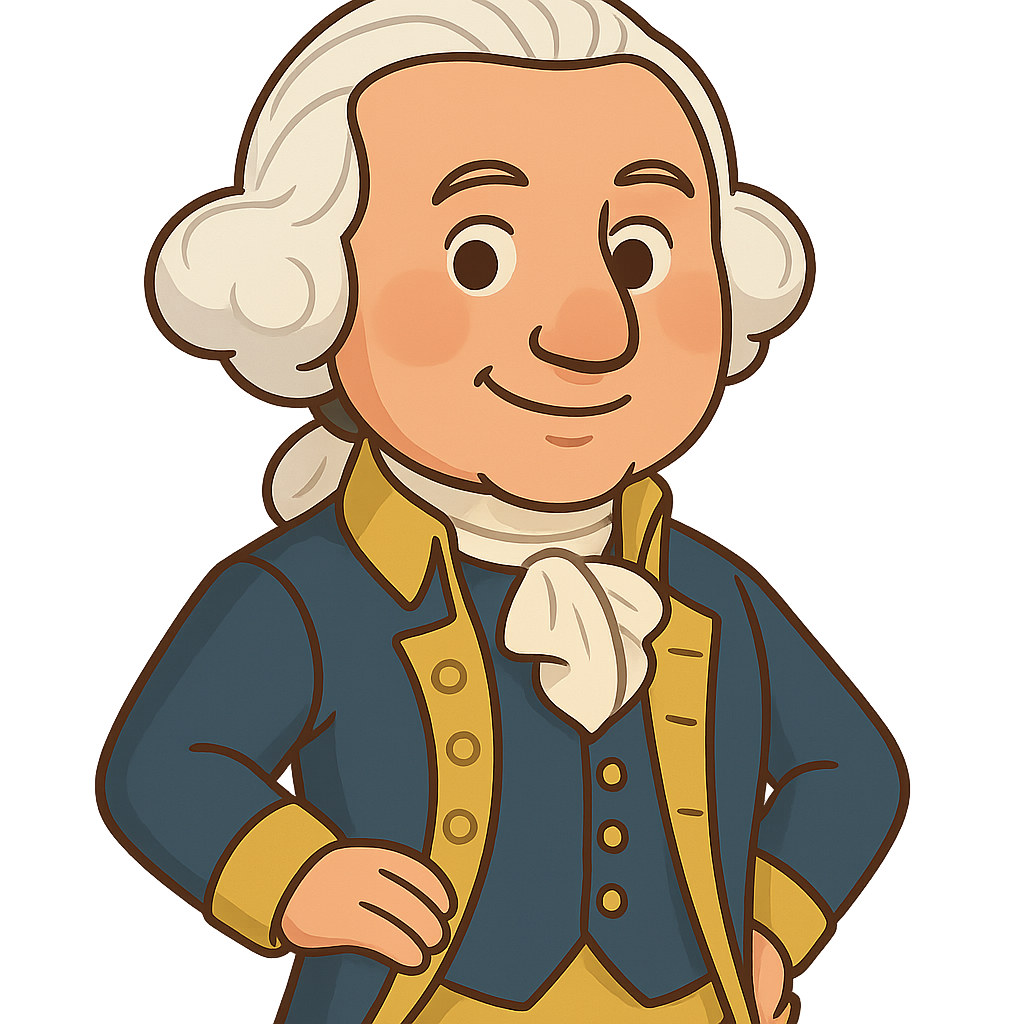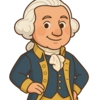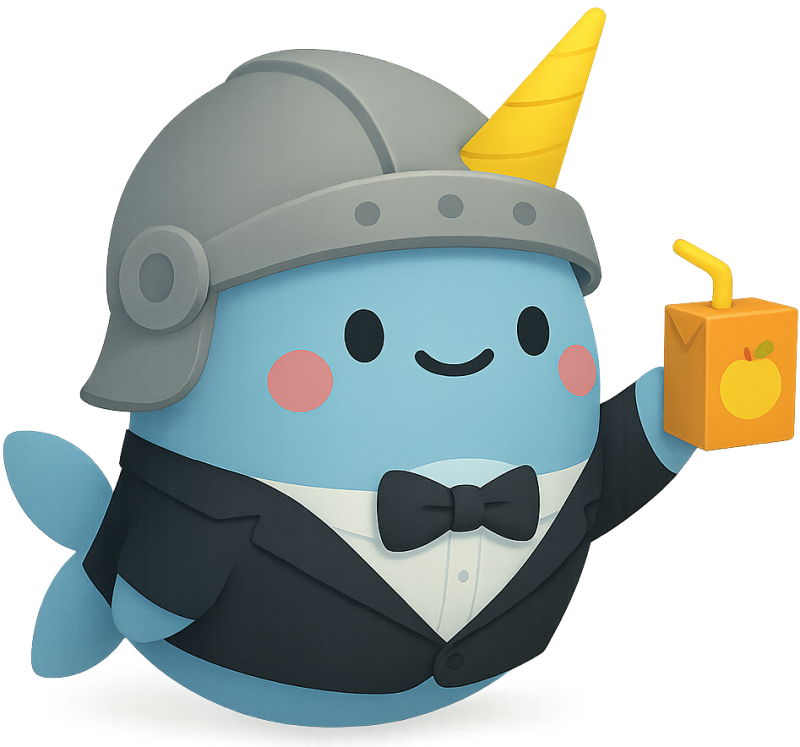George Washington: A Leader for a New Nation
Hello there. My name is George Washington, and I want to tell you the story of my life and the birth of a new country. It all began on my family's farm in Virginia, where I was born in 1732. As a boy, I didn't spend much time inside. My greatest classroom was the great outdoors. I loved the feeling of the wind as I galloped on my horse across the green fields and explored the deep woods that surrounded our home. I learned the names of the trees and the paths of the rivers. When I was a teenager, I learned a special skill called surveying. It meant I could measure land and draw detailed maps. It was like learning the secret language of the earth. This skill taught me to be patient and precise, and it helped me understand the vast land we lived on. I always looked up to my older half-brother, Lawrence. He lived at a beautiful estate on the Potomac River called Mount Vernon. I loved visiting him there. The grand house and the busy farm felt like a special world to me, and I dreamed that one day, I might have a home just like it. I never imagined that Mount Vernon would one day be my own beloved home.
As a young man, my path took a turn away from farming. In 1754, a conflict known as the French and Indian War began, and I joined the Virginia militia as a soldier. I was given the great responsibility of leading other men, which was a very difficult challenge. I had to learn how to make quick decisions in dangerous situations and how to keep my soldiers' spirits up when things were tough. We faced many hardships, and I made mistakes, but each experience taught me important lessons about courage, strategy, and what it truly means to lead. After the war, I was ready for a quieter life. I returned to Mount Vernon, which I had inherited after my brother's death. Soon after, I married my dear wife, Martha, and we settled into life as farmers. For a while, things were peaceful. But across the thirteen colonies, a feeling of unease was growing. We were ruled by the king of Great Britain, an ocean away, and many of us felt that his laws were unfair. We were being asked to pay taxes without having any say in the matter. Whispers of freedom and independence began to fill the air, and I knew my quiet life as a farmer might soon be over.
That feeling was right. The disagreements with Great Britain grew into a fight for our freedom—the American Revolution. In 1775, leaders from all the colonies met and made a very important decision. They asked me to become the general and lead our new Continental Army. It was the biggest responsibility I had ever faced. Our army was made up of farmers and shopkeepers, not trained soldiers. We were fighting against one of the most powerful armies in the world. The journey was filled with struggle. I will never forget the terrible winter we spent at a place called Valley Forge. My men were freezing and starving, with barely any shoes or blankets. I felt their pain deeply, but I also saw their incredible bravery. I knew we couldn't give up. We were fighting for a powerful idea: the chance to build our own country, where people could be free. We kept fighting for years, and finally, our perseverance paid off. In 1781, with the help of our French allies, we trapped the main British army at Yorktown, Virginia, and they surrendered. The war was over. We had won our independence.
After the war, I thought my service was finished, and I happily returned to Martha and my home at Mount Vernon. But the country still needed a leader. The thirteen states had to learn how to work together as one nation. In 1789, the people of this new country, the United States of America, elected me as their very first president. It was a great honor, but it was also a heavy burden. We had to create a new government from scratch, and I tried to set an example of a leader who served all the people. After serving for eight years, I decided it was time for someone else to lead. I returned home to my farm for good. My life came to a peaceful end at Mount Vernon in 1799. Looking back, I am filled with hope for the nation I helped create. I believe that its future will always be bright as long as its people remember to work together and cherish the precious gift of liberty.
Reading Comprehension Questions
Click to see answer



